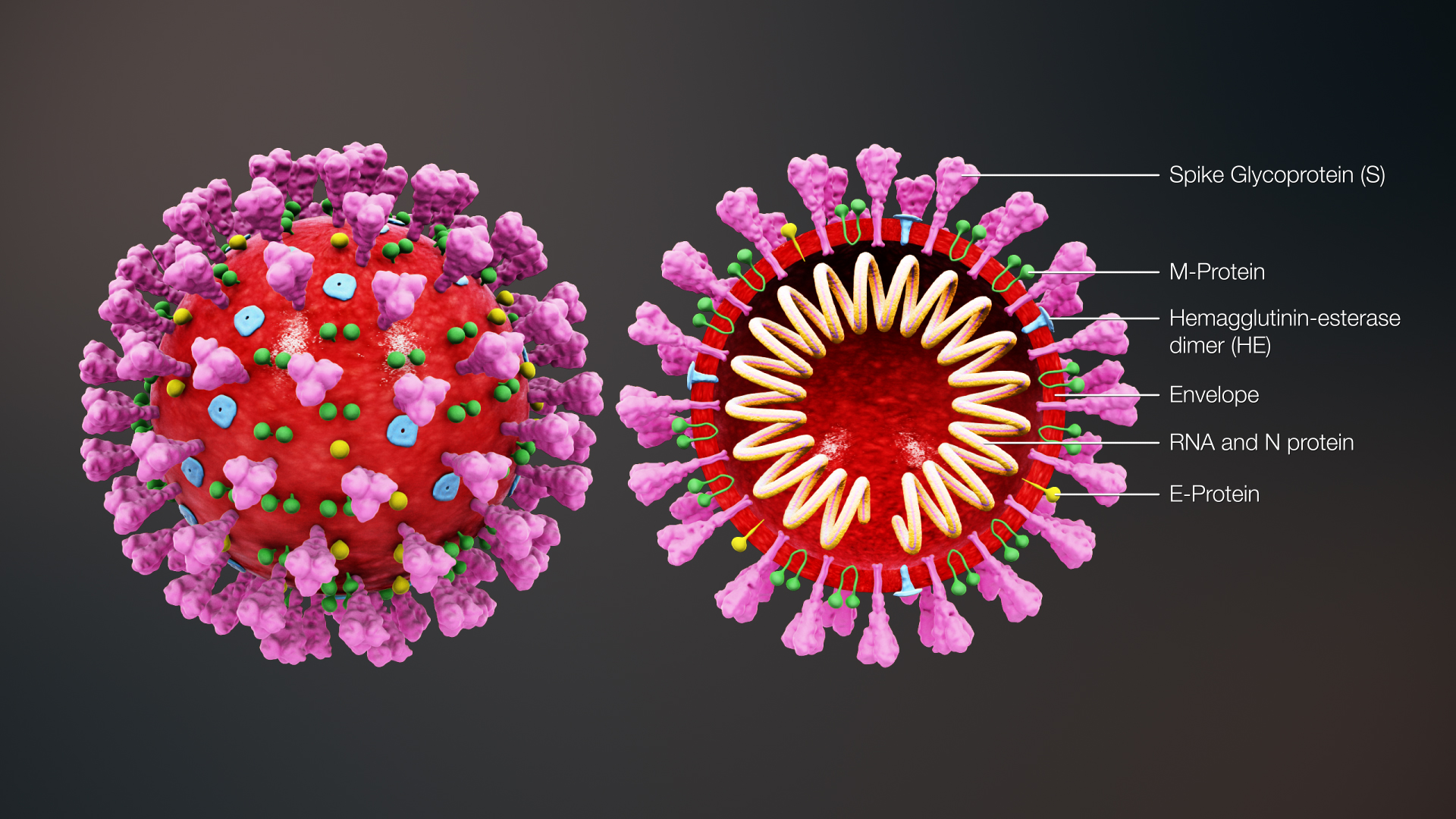Stress is an inevitable part of our lives, but it can also be a detrimental one. When stress builds up, it can affect our health and happiness in countless different ways, even speeding up some of the negative effects of the aging process.
Because stress can make such a big impact, we can all benefit from learning how to relieve stress and lead calm and peaceful lives. Though stress isn’t something that can ever be eliminated entirely, stress reduction can be a valuable part of improving your health during anti-aging treatment.
Know Your Stressors
The first step in getting a handle on stress is to figure out its causes. We all have different things in our lives that contribute to stress levels. Work, money and relationships are common stressors, but your stress may also be related to personal behaviors like procrastination or overcommitting yourself. Even positive events like marriage and buying a new house can be stressful.
Think about how you live, from your habits to your attitude. To get a better idea of your stressors, it’s best to start a journal—this way, every time you’re stressed, you can make a guess at the cause and jot down how you feel and respond. Use your journal to identify patterns and factors that have the biggest impact on your stress levels.
Make a Difference
Once you have a better understanding of your stressors, you can start taking positive steps to deal with them. There are many unhealthy ways of coping with stress—things that reduce stress temporarily but only worsen it later. Drinking too much, overeating, oversleeping, cutting yourself off from friends, spending hours in front of the TV—if you do any of these things, it’s time to find a healthier way to handle stress.
Start thinking about the stressors you’ve identified and assess them one at a time. If the stressor can be altered or avoided, think about how you can accomplish that by considering the step-by-step actions that will reduce the stressor’s impact. Can you manage time better, delegate tasks to someone else or avoid people and situations that stress you out?
If a stressor is beyond your control, that’s OK—you just need to learn how to accept and adapt to that stressor. Instead of trying to control uncontrollable problems like illness and the actions of others, focus on things you can control, like your own reaction. Try to remain positive and see every situation as a chance to grow and become wiser.
Of course, many things can help us live peaceful lives regardless of the stressors we face. Be sure to take care of yourself by eating a healthy diet, getting enough (but not too much) sleep and exercising regularly. You can also try relaxing activities like yoga, meditation, deep breathing and going for walks in nature.







